It seems I’ve always been told that America is notorious for being a nation of monolinguals. I’ve been doing some research and it’s not as easy to find the exact number of how many Americans speak more than one language. The US Census Bureau only asks: “Does this person speak a language other than English at home? What is this language? How well does this person speak English?”
Though the number of bilingual speakers in the America is increasing, that question doesn’t take into consider those that speak a second language outside of the home. For example, three of my colleagues speak Spanish fluently but none of them speak Spanish at home. That means the data is skewed about how many Americans actually speak two or more languages. Despite not having the exact numbers of how language proficient (or deficient) the American population may be, there are still thousands of people that don’t speak a second language other than English. Embarrassingly enough, I am one of those people.
Just because you didn’t pick up a second language as a child doesn’t mean it’s too late to start learning a new language right now! If you're planning for your internship in Paris, Milan, Florence, or Barcelona be sure to keep reading for five ways for you to use technology to begin learning another language.
1. Apps
Want to learn a new language? There’s an app for that. Seriously, there are several free applications you can download on your iPhone or Android include Duolingo and Anki.
Duolingo takes content from the web in a language you’d like to learn (like Italian, Spanish or German) and has you translate it. You’re helping translate text on the website while also learning a language. Native speakers will check and rate your translations to make sure it’s correct.
Anki is a flashcard-based program that focuses on memorization. The cards can display a word, image, or even sound clip. It’s up to you how often you want to practice and to truly memorize the information. You can even customize the shared decks to your liking.
2. Audio Lessons
Are you an audio learner? If so, there are plenty of free places for you to listen and learn new words and basic phrases. Spotify has tons of language programs in their database that I often listen to while working on easy tasks in the office. A good place to start is on Openculture.com for a massive list of language learning websites, podcasts, and iTunes mp3s that are completely free.
3. Online tools
You don’t have to shell out hundreds of dollars for a language program like Rosetta Stone or Babbel. There are some great free places to learn a language on the web if you do some research.
Memrise is a free web-based program (but is also available as an app) that uses a flashcards and images to make learning a language easy and fun. The content is crowd sourced so take the time to find the right lesson for your language needs.
Another great resource for self-paced language learning is the BBC website. The BBC has pages full of resources for over 30 different languages where you can find useful phrases about transportation, ordering food, and even downloadable mp3s where you can listen and repeat words.
4. Practice with native speakers
Any traveler will tell you that the best way to learn a language is by immersing yourself in that language and communicating with native speakers. If you’re at the beginning stages of planning your trip, or if you’re not able to travel right now it doesn’t mean you can’t access native speakers.
Meetup.com—Meetup.com is a great resource to not only meet new people in your area, but practice a language. If you live in, or near, a large city there are most likely groups dedicated to speaking that language. I just did a quick research for language in the Baltimore area and found language exchange groups for Spanish, Arabic, Italian, Portuguese, Danish, Korean, and Hungarian.
Italki—If you’re a little nervous about meeting people face to face then you can use this online resource that will pair you with a native speaker online. This process can start out free, but may eventually cost you money later in the process.
5. Library
That’s right, your local library is a wealth of information from language books, audio downloads and even computer programs like Rosetta Stone that can you use on loan. There is no reason for you to spend tons of money on multiple language dictionaries or buy the expensive software programs for full price when you can use them for free at your library. Don't know where the closest library is to you? You can use this library map to find one of the 16,000 US libraries nearest you.
photo credit: Ryan Tir via photopin






















